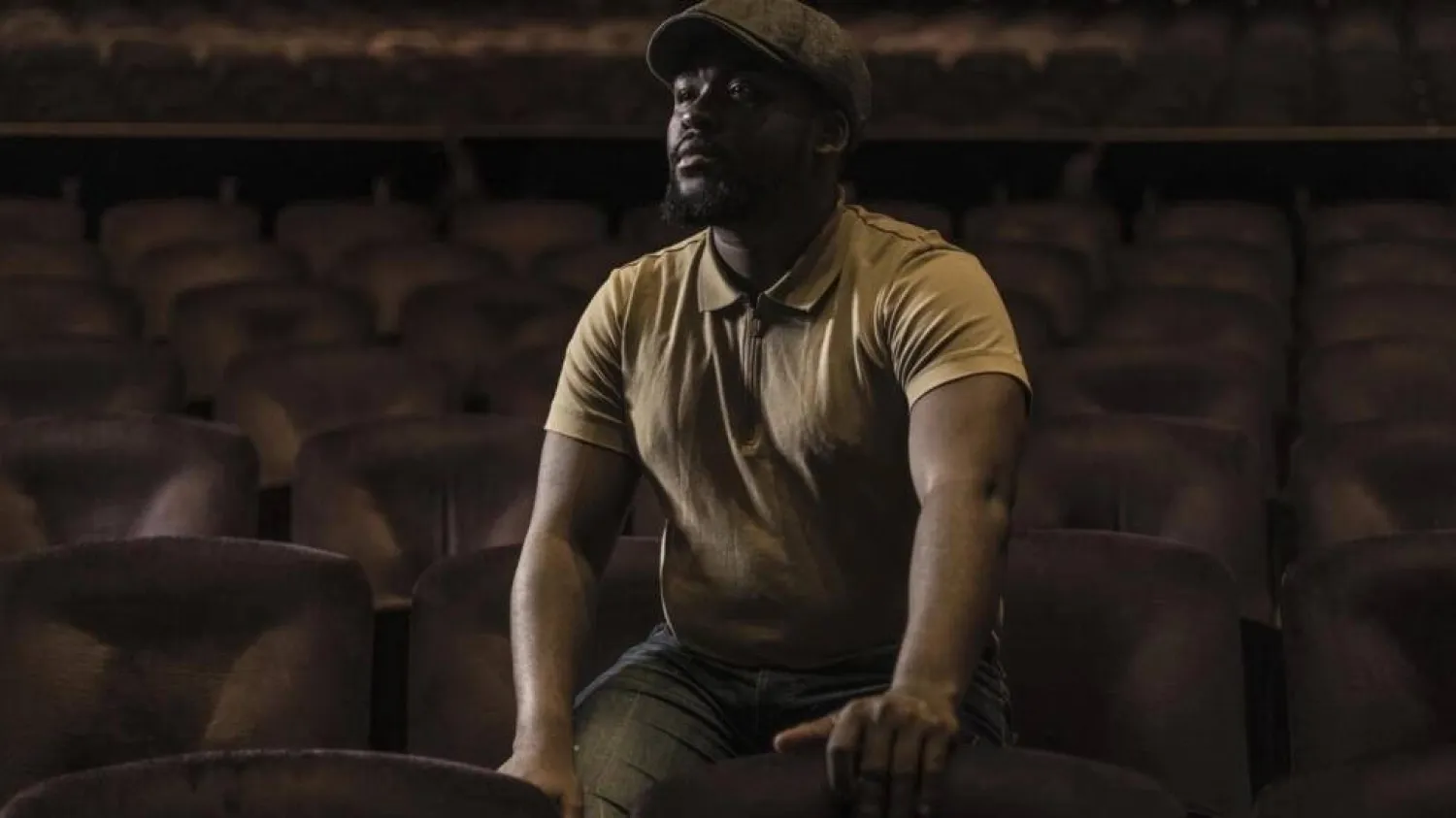In his previous life, Luvo Maranti didn't read music and the only thing he knew about opera was who Luciano Pavarotti was.
He and his friends used to imitate the Italian tenor before bursting into laughter.
This week, the 29-year-old South African will sing his lungs out at Operalia, one of the most prestigious opera competitions in the world, said AFP.
The annual contest, which started in Cape Town this week and runs until Sunday, was created by Spanish tenor Placido Domingo 30 years ago.
It features 34 contestants selected from an initial pool of about 800 singers.
Following in the footsteps of superstar soprano Pretty Yende, who sang at the coronation of Britain's King Charles III this year, five of them are from South Africa.
Maranti gave up a job in human resources to chase his opera dream.
He had to tell his parents he would not be able to support them for a while and sometimes went days without a meal while trying to secure grants to fund his studies.
But he doesn't regret taking the plunge for a second.
"I felt a bit selfish but I wanted to be happy, not sit in an office all day," he told AFP.
"I had to start from scratch," he said, explaining that his previous experience with church choirs and polyphonic music only went so far.
"Opera is a whole different ball game, I had to learn how to read a Western score."
His debut was nerve-racking, he recalled.
"With a choir, you have a sense of security. As a soloist you are vulnerable. As soon as you hit your first note, everyone can see your heart... I felt so much judgement," he said.
Now he feels at ease, also singing in Italian, German and French.
Sakhiwe Mkosana, a baritone, made a similar journey from an impoverished South African township to Frankfurt, Germany, where he is enrolled in a program for young talents.
He once dreamt of becoming a lawyer. But a high school teacher noticed his talent on the first day he attended choir trials -- and put him on a different trajectory.
"If you can stick to this, you can make a really good career," he remembers the teacher telling him.
"I love being on stage and getting to tell a story to people who don't necessarily understand the words, take them through the story," said the 29-year-old.
"If I can convince anyone to come to an opera show, I have done my work."
'Deeper opera world'
In black communities across South Africa young men are often expected to choose a "classic" profession, becoming a doctor or a lawyer, he said.
Many questioned his judgment, doubting he could make a living from his imposing voice.
But Operalia offers important exposure.
"We will be singing in front of managers, agents and casting directors," Mkosana said.
The competition is like "a great audition", said Nombulelo Yende, a soprano and the younger sister of Pretty.
It offers an opportunity to be spotted without having to fly around the world.
At 32, Yende already has a well-established career. But the contest can "broaden my horizons", she said.
In a studio at the Cape Town opera house, she is rehearsing Mozart and Wagner.
Wearing a floral dress, her hand waves in front of her body to the rhythm of the melody, as her powerful vibrato rings out.
"Singing opera is so liberating to me. I love playing different characters, invoking so many emotions," she said afterwards.
Another contestant followed her in the studio -- Siphokazi Molteno, a 31-year-old mezzo from the southeastern city of Gqeberha, now based in New York.
"I have sung as long as I can remember. But opera is not a thing in my community," she said.
It was once again a music teacher who nudged her in another direction, by getting her to learn a Mozart aria.
Some of her classmates giggled uncomfortably, but she felt "immediately emotionally attached to it".
"I would listen to it when I was alone. This deeper opera world, I knew it was something special, so precious," she said.









